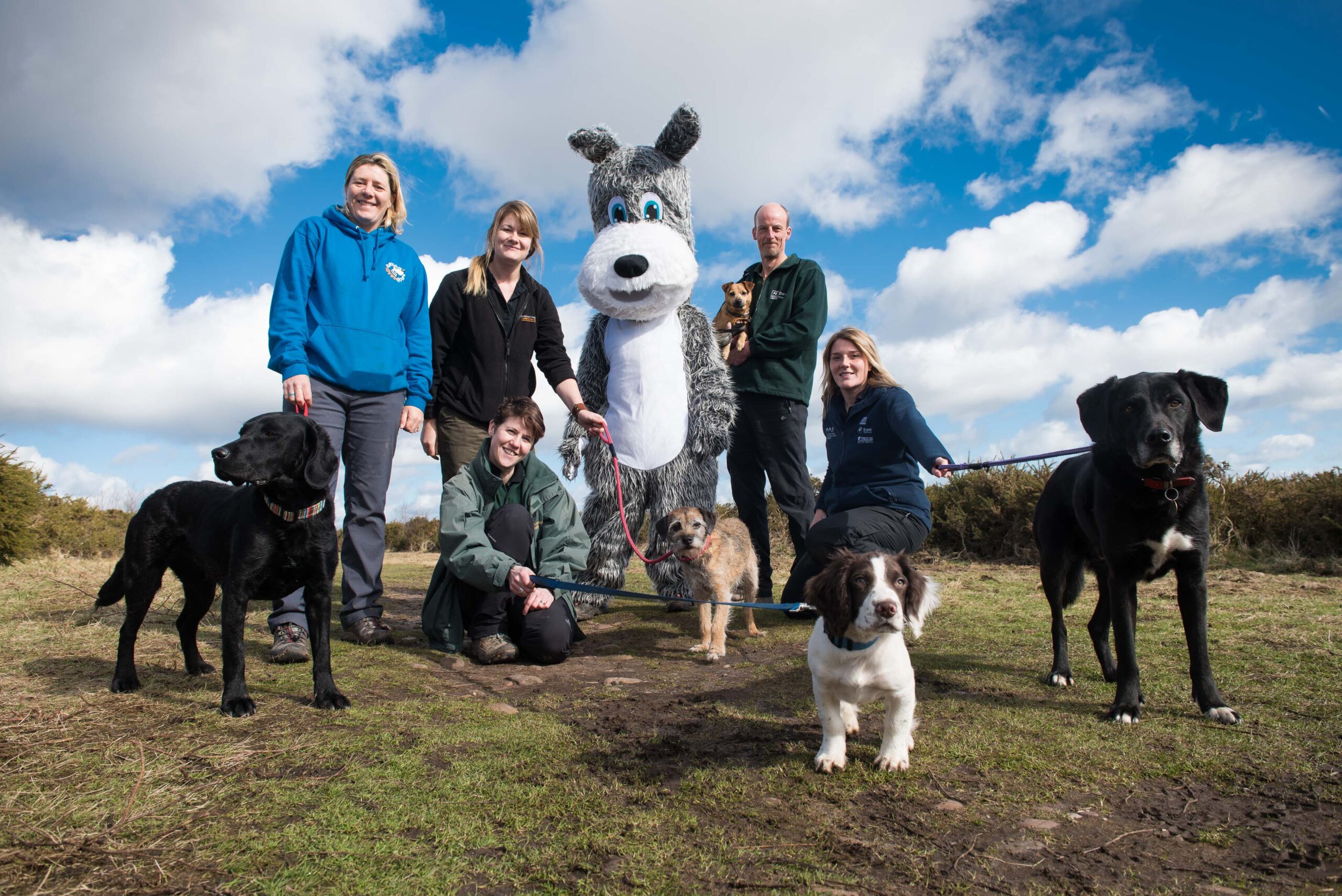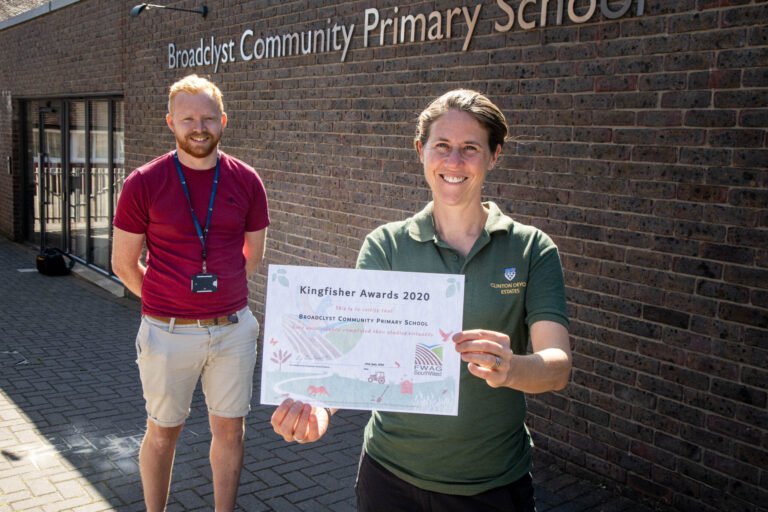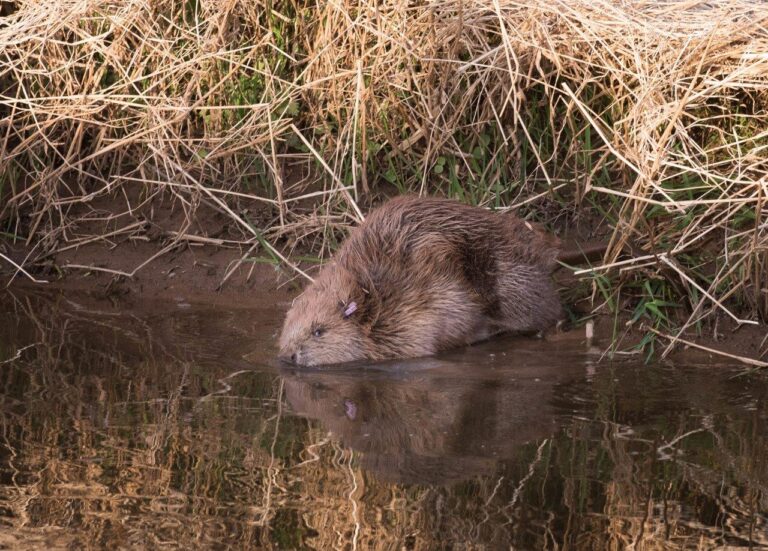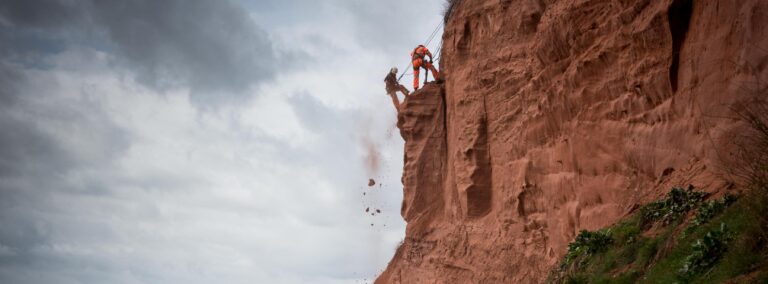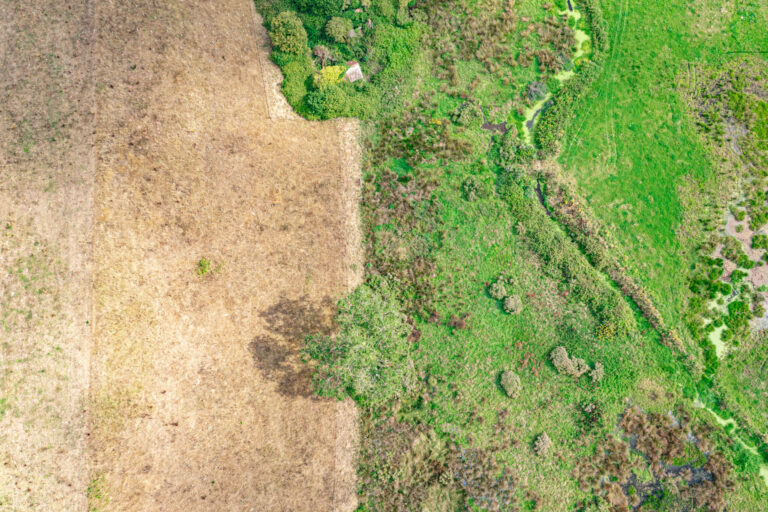Dog owners urged to keep dogs on paths to help protect nesting birds on Pebblebed Heaths
Conservation experts are working with pet owners to encourage responsible dog walking on some of the South West’s most precious landscapes.
Dog walkers visiting the East Devon Pebblebed Heaths are being asked to follow a new code to ensure they are enjoying the area in a way that respects other visitors, animals and wildlife.
More than 3,000 different species have been recorded on the heaths, and more than 350 of these are of high conservation significance.
Kim Strawbridge, Site Manager of the East Devon Pebblebed Heaths, said: “The heaths, which many people will know as Woodbury Common, are an incredibly important site for many rare and threatened species. At the same time, they are a very popular place for people to visit, with or without dogs. In 1930 landowner Lord Clinton granted public access to the heaths, made up of Woodbury and neighbouring commons, for ‘air and exercise’.
“Through careful stewardship, the heaths continue to be crucial for our native wildlife, and to ensure that people, wildlife and livestock can live in harmony, we’re working with other organisations to help visitors understand more about the landscape and how they can help protect it and the plants and animals which live here.”
The new code has been drawn up by the Pebblebed Heaths Conservation Trust, the RSPB, Devon Wildlife Trust, Devon Loves Dogs and the South East Devon Habitat Regulations Partnership.
It urges dog walkers to:
- Keep your dog in sight, on the path and think of other visitors, otherwise keep them on a lead.
- Prevent your dog from disturbing wildlife or grazing animals, particularly important during the bird breeding season from March to August.
- Always pick up after your dog wherever you are, take waste home or put it in a bin.
- Walk no more than six dogs and ensure you are confident in managing them at the same time
- Read and follow signs, report any problems
- Commercial dog walkers need a licence from the land manager.
A crucial time for wildlife is the bird breeding season, from March 1 until the beginning of August.
Many heathland birds breed on the ground so are particularly vulnerable to disturbance, leaving eggs or chicks exposed to the cold and predators. Among them is the nightjar. Toby Taylor from the RSPB said: “These iconic heathland birds have made an incredible journey from sub-Saharan Africa, choosing the Pebblebed Heaths to breed on this summer. These nocturnal ground-nesting birds are a nationally rare species with just 3,400 pairs in the UK. You can help nightjars by keeping your dog on a lead to prevent undue disturbance – let’s try to make 2018 a really productive year for them!”
Kim added: “We provide dog waste bins to encourage people to pick up after their pets. Most people make use of these but the amount of dog poo on the heaths is still one of our main complaints from the public. Dog poo damages the plants and wildlife that make the heaths so special. Clearing up after your dog protects the area as well as preventing the spread of diseases that can affect people, other dogs, and grazing animals and keeps the heaths clean for other visitors.”
Devon Loves Dogs, a free membership scheme for dog owners and walkers, provided expert advice and guidance on the new code. Project Co-ordinator Julie Owen said: “We’re supporting this campaign to help people understand why the heaths are so special for wildlife. If we dog owners make a few small changes to our daily dog walks, our dogs can share this space with wildlife.”
Sama Euridge is a warden for the South East Devon Habitat Regulations Partnership who can often be seen on the heaths. She said: “We love to meet people out on the Commons that are passionate about the heathland landscape and wildlife. Many visitors have been walking here for decades and have a real sense of ownership and pride over this place. We want to work with the community to ensure this habitat flourishes into the future”
The Devon Wildlife Trust’s Stephen Hussey added: “At Devon Wildlife Trust we welcome responsible owners and their dogs on our heathland nature reserves at Venn Ottery and Bystock Pools. We find that many owners react positively when we explain why cleaning up after their dogs and keeping them under close control is not only good for other visitors but for the wildlife we all love and want to see. This is where these guidelines are proving useful, helping us to convey messages about the need for us all to care for our precious heathlands.”
For more information on the Pebblebed Heaths, please visit www.pebblebedheaths.org.uk and to join Devon Loves Dogs, visit www.devonlovesdogs.co.uk.
